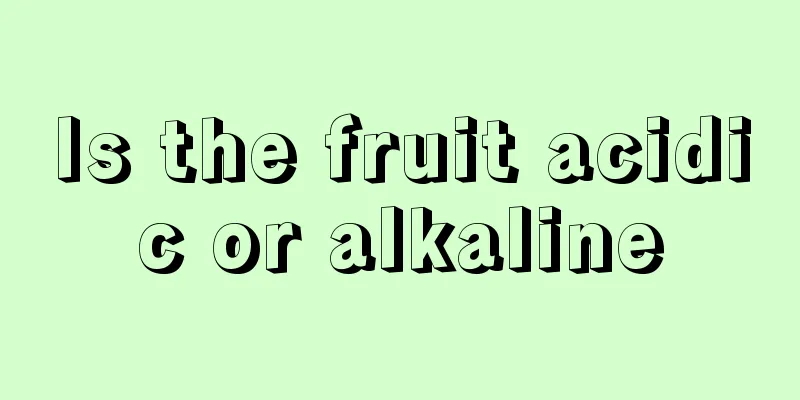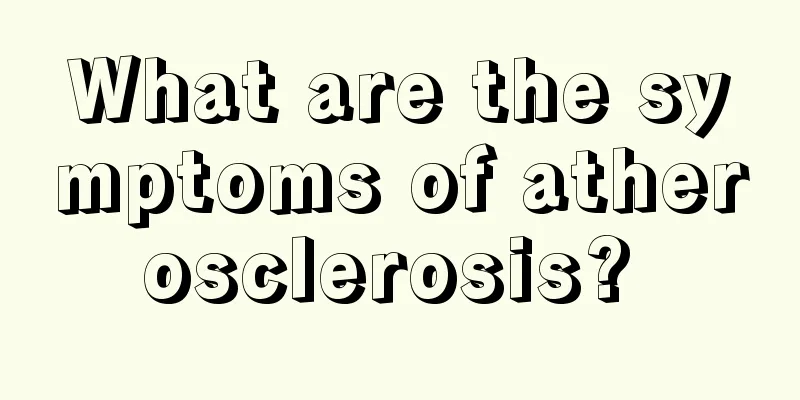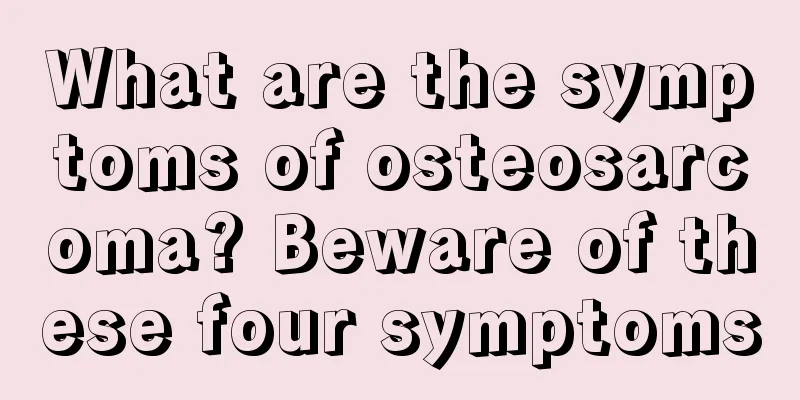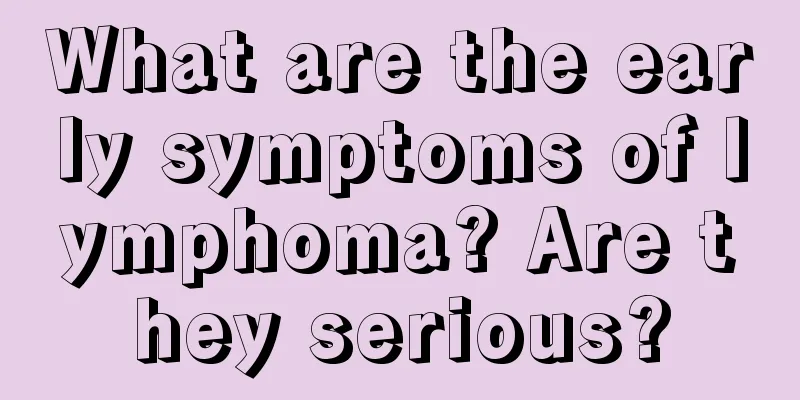What are the symptoms of depression
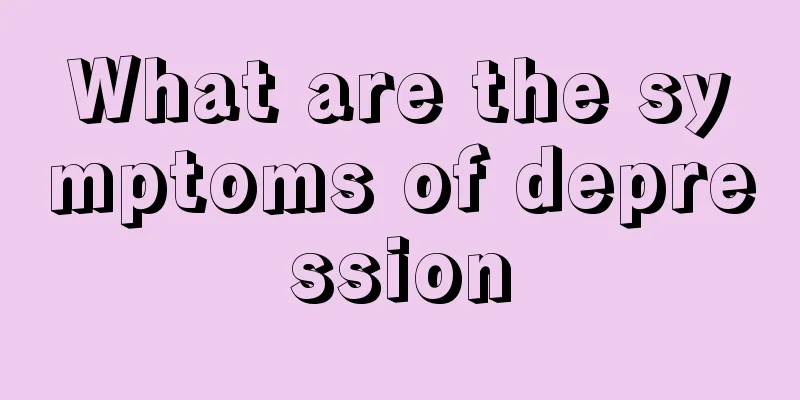
|
Depression is a very scary symptom for patients, because patients with depression may experience poor mental state at the mildest, affecting their normal work and life, or even have thoughts of suicide. Many patients with depression choose to end their lives before they can survive this period. So, what are the symptoms of depression? The following will provide a detailed introduction. 1. Depressed mood The main manifestations are significant and persistent low mood, depression and pessimism. In mild cases, people feel unhappy, have no sense of pleasure, and have a loss of interest. In severe cases, people feel extremely distressed, pessimistic and hopeless, and feel that each day is like a year worse than death. The depressed mood of typical patients has a rhythmic change from heavier in the morning to lighter at night. On the basis of depressed mood, patients will have lowered self-evaluation, and develop feelings of uselessness, hopelessness, helplessness and worthlessness, often accompanied by self-blame and guilt. In severe cases, they will have delusions of guilt and hypochondria, and some patients may experience hallucinations. 2. Slow thinking The patient's thinking and association are slow, his reaction is unsuccessful, his train of thought is blocked, and he feels that his "brain is like a rusty machine" and "his brain is like covered with a layer of paste." Clinically, active speech decreases, speech speed slows down significantly, voice becomes deep, and conversation becomes difficult. In severe cases, communication cannot proceed smoothly. 3. Decreased willpower The patient's volitional activity was significantly and persistently inhibited. The clinical manifestations are slow behavior, passive and lazy life, unwillingness to do things, unwillingness to contact and interact with people around, often sitting alone, or lying in bed all day, living alone with the door closed, alienating relatives and friends, and avoiding socializing. In severe cases, they even ignore physiological needs such as eating and drinking, as well as personal hygiene, and become unkempt and unkempt, and may even become speechless, motionless, and refusing to eat. This is called "depressive stupor," but upon careful psychiatric examination, the patient still reveals signs of pain and depression. Patients with anxiety may have symptoms such as restlessness, finger grasping, rubbing hands and feet, or pacing up and down. Severe patients often have negative suicidal ideas or behaviors. Surveys show that 287,000 people die from suicide in my country every year, 63% of whom have mental disorders and 40% suffer from depression. There are many celebrities who have committed suicide due to depression. Negative and pessimistic thinking, self-blame and lack of self-confidence can give rise to thoughts of despair, such as thinking that "ending one's own life is a kind of relief" and "being a superfluous person in the world", and can cause suicide attempts to develop into suicide behaviors. This is the most dangerous symptom of depression and should be viewed with caution. 4. Impairment of cognitive function Studies have shown that patients with depression have impaired cognitive function. The main manifestations are decreased recent memory, attention disorder, prolonged reaction time, increased alertness, poor abstract thinking ability, learning difficulties, poor language fluency, decreased spatial perception, eye-hand coordination and thinking flexibility. Cognitive impairment leads to social dysfunction in patients and affects their long-term prognosis. 5. Physical symptoms The main symptoms include sleep disorders, fatigue, loss of appetite, weight loss, constipation, pain in any part of the body, loss of libido, impotence, amenorrhea, etc. Complaints of physical discomfort may involve various organs, such as nausea, vomiting, palpitations, chest tightness, sweating, etc. Symptoms of autonomic dysfunction are also common. Complaints of preexisting medical illness usually worsen. The main manifestation of sleep disorders is early awakening, generally 2 to 3 hours earlier than usual, and inability to fall asleep again after waking up, which is characteristic of depressive episodes. Some patients have difficulty falling asleep and shallow sleep; a few patients have excessive sleep. Weight loss is not necessarily proportional to loss of appetite. A small number of patients may experience increased appetite and weight gain. |
<<: What to do if herpes leaves scars after healing
>>: How did the leg get broken
Recommend
What is the use of fitness rope?
Fitness ropes are very familiar to many people. F...
Who can take Tiepi Fengdou soft capsules?
Tiepi Fengdou Soft Capsule is a Chinese patent me...
Can pregnant women come into contact with nasopharyngeal cancer patients?
My father-in-law was diagnosed with nasopharyngea...
How to diagnose gastric cancer
The diagnosis of gastric cancer needs to be confi...
Cost of conservative treatment for tongue cancer
The cost of conservative treatment of tongue canc...
Soaking your feet in peppercorns can hurt your kidneys
In life, we can always learn some health knowledg...
The cause and pathology of lymphoma
The cause of malignant lymphoma has not been full...
Can I do the face-lift injection and chin-lift injection together?
Modern people attach great importance to self-ima...
Can glucose sober you up?
Glucose mainly has the effect of regulating the s...
The way rectal cancer metastasizes is generally manifested in three ways:
Among cancers, rectal cancer is a relatively comm...
Don’t underestimate the early symptoms of hepatitis
Don't underestimate the disease of hepatitis....
Normal value of renal artery blood flow velocity
The renal artery blood flow velocity is the main ...
How is glioma generally treated?
Glioma is a malignant tumor of the brain. If you ...
Can I walk with a fractured coccyx? What should I do?
Once an orthopedic disease occurs, it is not easy...
Can otitis media cause headaches?
Speaking of otitis media, it usually occurs in ch...

